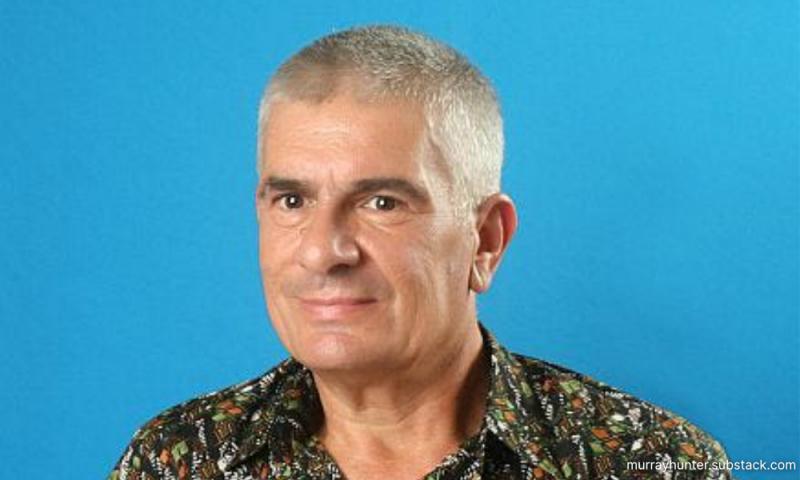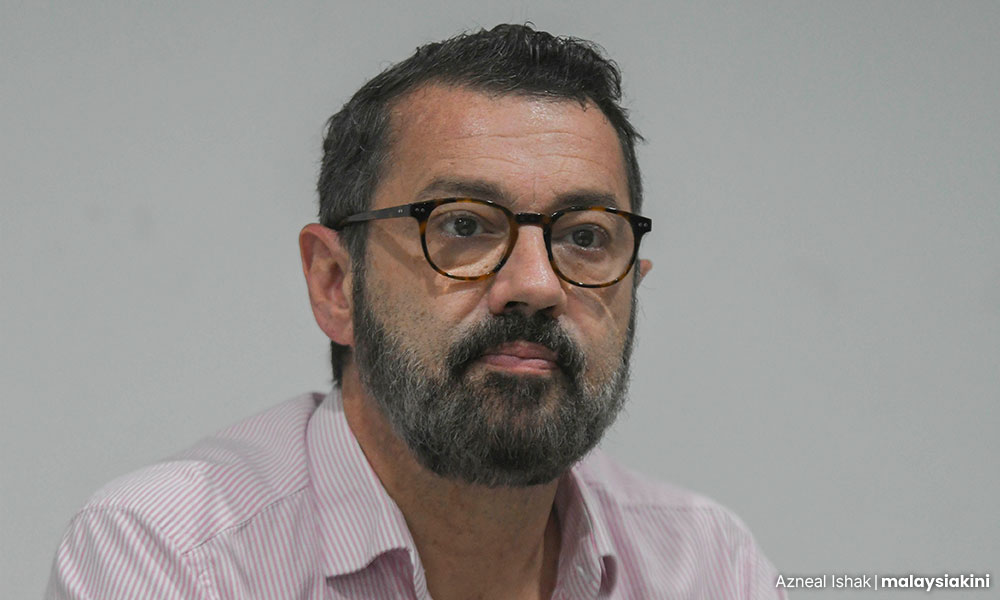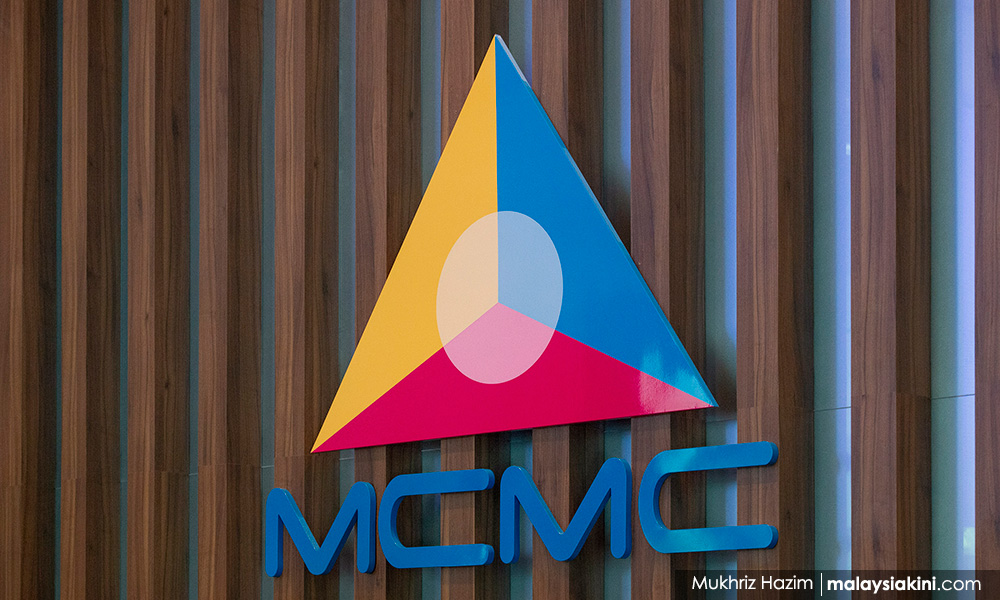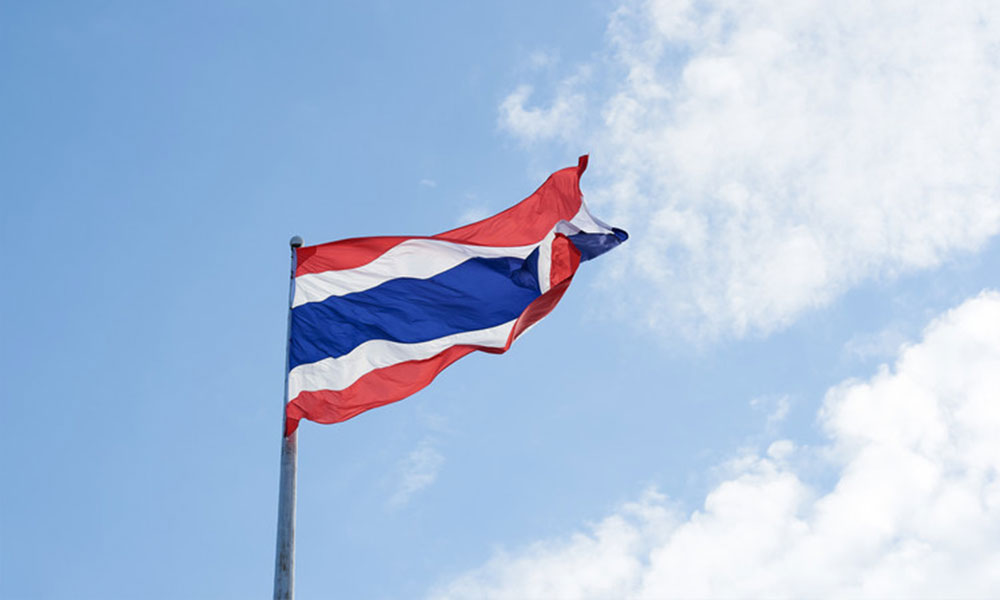


P Gunasegaram
Published: Oct 3, 2025 8:00 AM
Updated: 10:02 AM
COMMENT | Why was Australian academic and journalist Murray Hunter, who writes tough articles on Malaysian affairs from Thailand, arrested there under Thai defamation laws, detained for 48 hours, and grounded until trial on Nov 17?
Whatever the reasons, it means a black eye for regional journalism through an apparent informal arrangement among the Asean 10 to act against citizens of other Asean countries who write honestly about their home country from within the host.
Usually, this takes the form of the person being sent back to their own country to face the wrath. That’s already ominous because Asean countries do not have robust laws of free expression. Reporting from another Asean country can land them in serious trouble.
In Hunter’s case, it goes even beyond that - he is an Australian citizen. There will be a serious pushback from Australia if Hunter were to be charged and tried in Thailand, as was Xavier Justo, a Swiss citizen, hailed as a whistleblower in the 1MDB case.
The Justo case
The difference with Justo was that he pleaded guilty and was sentenced to three years in jail by a Thai court for attempting to blackmail his former employer, PetroSaudi International Ltd, to which 1MDB had made payments for dubious deals.
He was accused of demanding payment in exchange for not releasing the data.
He later claimed his confession was coerced, and that the arrest was part of a politically motivated cover-up to protect PetroSaudi and 1MDB interests.
Published: Oct 3, 2025 8:00 AM
Updated: 10:02 AM
COMMENT | Why was Australian academic and journalist Murray Hunter, who writes tough articles on Malaysian affairs from Thailand, arrested there under Thai defamation laws, detained for 48 hours, and grounded until trial on Nov 17?
Whatever the reasons, it means a black eye for regional journalism through an apparent informal arrangement among the Asean 10 to act against citizens of other Asean countries who write honestly about their home country from within the host.
Usually, this takes the form of the person being sent back to their own country to face the wrath. That’s already ominous because Asean countries do not have robust laws of free expression. Reporting from another Asean country can land them in serious trouble.
In Hunter’s case, it goes even beyond that - he is an Australian citizen. There will be a serious pushback from Australia if Hunter were to be charged and tried in Thailand, as was Xavier Justo, a Swiss citizen, hailed as a whistleblower in the 1MDB case.
The Justo case
The difference with Justo was that he pleaded guilty and was sentenced to three years in jail by a Thai court for attempting to blackmail his former employer, PetroSaudi International Ltd, to which 1MDB had made payments for dubious deals.
He was accused of demanding payment in exchange for not releasing the data.
He later claimed his confession was coerced, and that the arrest was part of a politically motivated cover-up to protect PetroSaudi and 1MDB interests.

Xavier Justo
Justo had earlier tried to parlay the emails to various parties. He was released in 2016 after an early pardon from the Thai king.
In 2019, The Edge chairperson Tong Kooi Ong “gifted” Justo US$2 million for his part in exposing 1MDB. The Edge and Sarawak Report ran a series of articles based on the e-mails that Justo had provided them in 2016.
Note that then-incumbent prime minister Najib Abdul Razak lost the general election in 2018 for BN, the coalition’s first defeat ever, largely because of the unprecedented loss of billions of ringgit from the 1MDB scandal.
Hunter’s is different
But Hunter, who claimed his detention was at the behest of the Malaysian government, is different. While blackmail is an offence in Thailand, it’s hard to see how defamation of Malaysian authorities in Thailand is an offence.
In a phone interview with Malaysiakini on Tuesday, Hunter claimed Thai police had been acting on the MCMC’s orders. He said he was charged with defamation over several of his blog articles.
“But if my articles are not defamatory in Malaysia, how can they be considered defamatory in Thailand? The Malaysian government’s and MCMC’s objective is to bully and intimidate people, and they called on the Thai police to do their work,” he said.
Justo had earlier tried to parlay the emails to various parties. He was released in 2016 after an early pardon from the Thai king.
In 2019, The Edge chairperson Tong Kooi Ong “gifted” Justo US$2 million for his part in exposing 1MDB. The Edge and Sarawak Report ran a series of articles based on the e-mails that Justo had provided them in 2016.
Note that then-incumbent prime minister Najib Abdul Razak lost the general election in 2018 for BN, the coalition’s first defeat ever, largely because of the unprecedented loss of billions of ringgit from the 1MDB scandal.
Hunter’s is different
But Hunter, who claimed his detention was at the behest of the Malaysian government, is different. While blackmail is an offence in Thailand, it’s hard to see how defamation of Malaysian authorities in Thailand is an offence.
In a phone interview with Malaysiakini on Tuesday, Hunter claimed Thai police had been acting on the MCMC’s orders. He said he was charged with defamation over several of his blog articles.
“But if my articles are not defamatory in Malaysia, how can they be considered defamatory in Thailand? The Malaysian government’s and MCMC’s objective is to bully and intimidate people, and they called on the Thai police to do their work,” he said.

“In fact, I do not think that the Thai police even understand why they’re arresting me. They only told me that I had been charged with defamation.”
If the MCMC is indeed the body making the complaints, then it is likely that if it charges Hunter, if it can get him, it will use the Communications and Multimedia Act 1998 (CMA) under which MCMC operates. There are, however, provisions under the Penal Code for criminal defamation.
While defamation is not explicitly listed under the Act, Section 233 of the CMA criminalises the use of network facilities to transmit communications that are obscene, indecent, false, menacing, or grossly offensive, with the intent to annoy, abuse, threaten, or harass another person.
Recent amendments in late 2024 introduced stricter penalties, including higher fines (up to RM500,000) and increased prison sentences (up to two years), with even higher penalties (up to five years imprisonment) for offences against minors. The provision includes transmission of such content for commercial purposes and also covers activities involving fraud or dishonesty.
This section is often used by MCMC to act against online defamation, especially when it involves public figures, institutions, or incitement.
Still, it is yet to be seen how the Thai authorities can charge Hunter in Thailand with these offences at the forthcoming hearing on Nov 17.
Charged under Thai laws?
A hint can be found in Malaysiakini’s report, which said official court documents and police reports sighted show Hunter had been charged under Section 328 of the Thai Criminal Code with defamation, where four of his articles have been quoted as defamatory material.
The documents also included links to Hunter’s posts, where he had criticised the MCMC, the Malaysian police, and Umno leaders for allegedly using the Constitution for their own benefit and disregarding public interests.

Thai flag
So, someone can be charged with something he said about the Malaysian authorities and Malaysian people while being in Thailand? How are they even going to prove that? Will the Thai police come here and investigate? Are Thai laws applicable where those who were allegedly defamed are not residents there?
This case opens up new areas, and it will be interesting to see how it proceeds, how Malaysians respond, and the international outcry from government bodies, Asean residents, and a whole host of other interested parties.
So far, we have nothing to indicate that this is not a black eye for journalism in the region, partly perpetrated by our own authorities overzealously taking shots by using other countries’ excessive legislation to bring to book people it sees as miscreants here.
That’s wrong. It won’t earn this country and government many friends. The arm may be long, but the sight is decidedly short.
So, someone can be charged with something he said about the Malaysian authorities and Malaysian people while being in Thailand? How are they even going to prove that? Will the Thai police come here and investigate? Are Thai laws applicable where those who were allegedly defamed are not residents there?
This case opens up new areas, and it will be interesting to see how it proceeds, how Malaysians respond, and the international outcry from government bodies, Asean residents, and a whole host of other interested parties.
So far, we have nothing to indicate that this is not a black eye for journalism in the region, partly perpetrated by our own authorities overzealously taking shots by using other countries’ excessive legislation to bring to book people it sees as miscreants here.
That’s wrong. It won’t earn this country and government many friends. The arm may be long, but the sight is decidedly short.
P GUNASEGARAM says there always comes a time when repressive, unfair regimes are removed through the ballot box. Some here are forgetting that.
***
MCMC is a ferocious dog guarding PMX's interests.

No comments:
Post a Comment